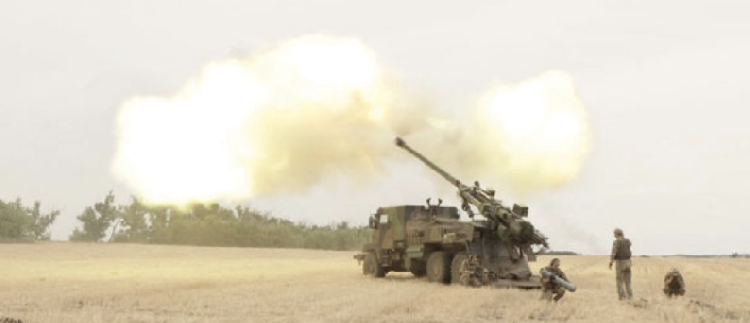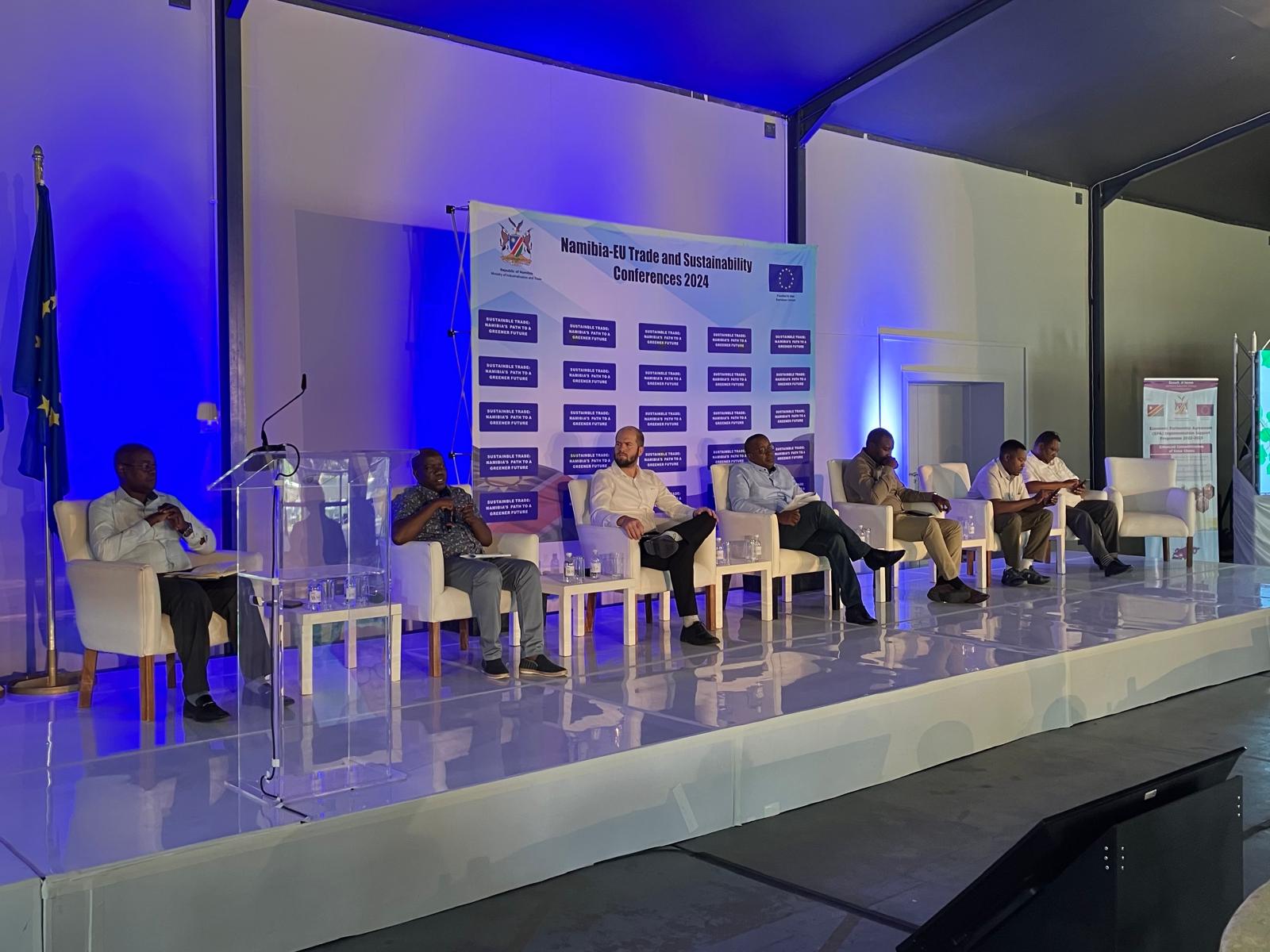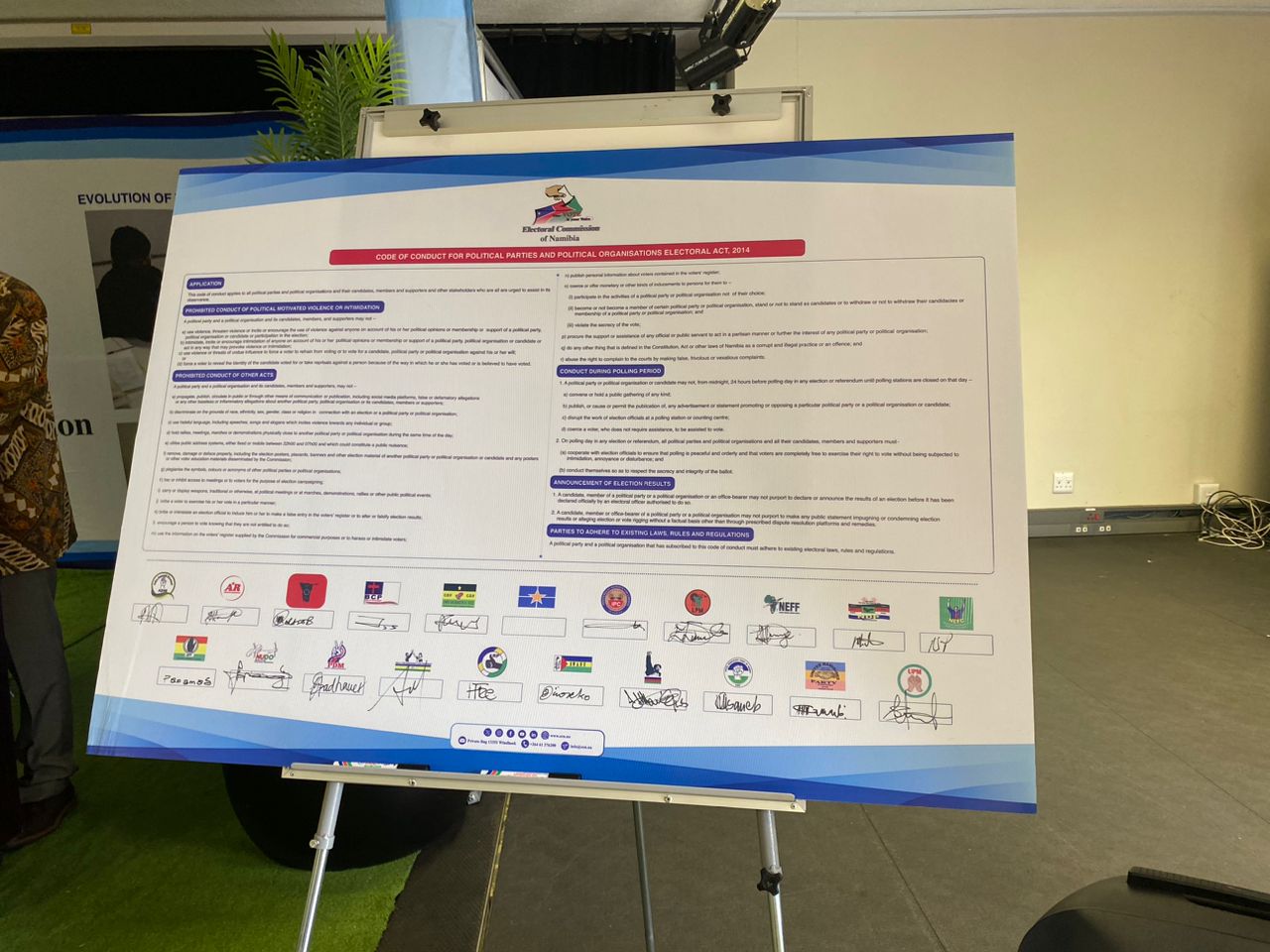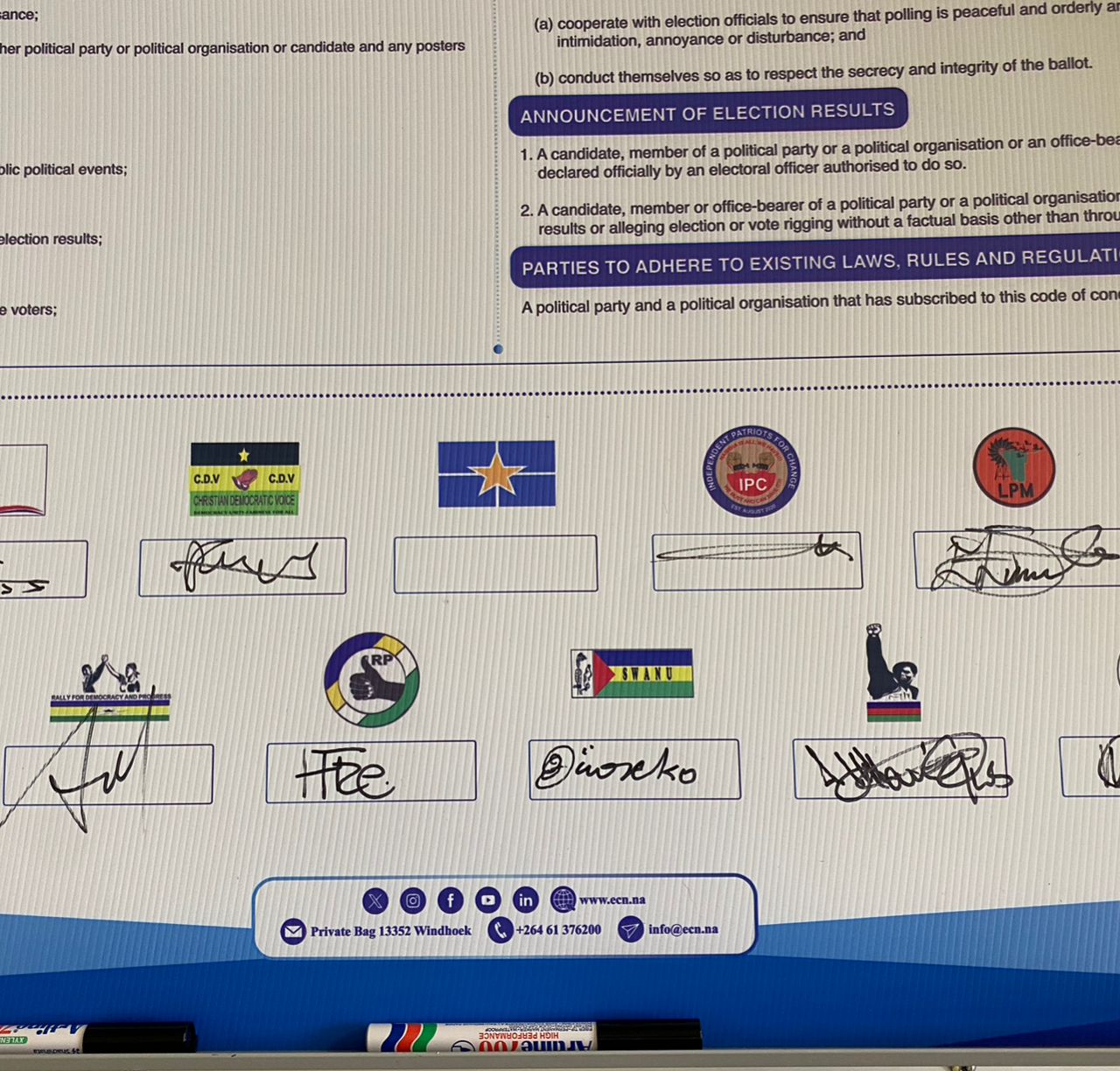The charge d”;affaires of an EU delegation to Namibia, Gosia Lachut, says while the European continent is bearing the brunt of the unjust war in multiple ways, people in Africa have also become direct victims.
Lachut was responding to an article in The Namibian, titled “;Russia can”;t escape partial blame for global food crisis”;.
Namibia, being a net importer of food and other products, is not immune to global food insecurity.
The escalating global food-price crisis has also been blamed on Russia since a missile attack on the port of Odessa in Ukraine left the latter”;s grain-export deal hanging in the balance.
Ukraine entered into the deal with Russia in Turkey on Friday to allow Ukrainian grain exports to resume.
However, following the missile attack, Ukraine”;s president Volodymyr
Zelenskyy was quoted by the BBC as accusing Russia of “barbarism”.
Zelenskyy said the strike shows Moscow “cannot be trusted to stick to the deal”.
Lachut says the EU strongly condemns the Russian missile strike on Odesa”;s seaport.
“Striking a target crucial for grain export a day after the signature of Istanbul agreements is particularly reprehensible and again demonstrates Russia”;s total disregard for international law and commitments,” she says.
Lachut says economic shock waves have affected food and energy prices in Africa, with inflation skyrocketing at a time when countries are barely starting to recover from the Covid-19 pandemic.
“The current reality we are faced with is that Russia started its unprovoked and unjustified war of aggression against Ukraine. Just like our African brothers and sisters, we know from experience the devastating realities of war, notably the suffering of innocent civilians.
“In Namibia, we see increasing impacts of this remote conflict in socialeconomic terms, as food and fuel prices among others have skyrocketed, reaching unprecedented levels, making it a challenge for Namibians to make ends meet,” she says.
“Russia is currently trying to recolonise Ukraine, 30 years after its independence, in the most brutal way,” she says.
Lachut says if Russia”;s invasion goes unchallenged, no country would be safe, and what is currently unfolding would determine the type of world we would live in.
She says Russia has acknowledged that sanctions do not prevent it from delivering food and fertilisers to Africa.
However, people thousands of kilometres away from Ukraine are suffering because Russia has been deliberately blocking food products and fertilisers from leaving Ukraine, and has been destroying agricultural and transport infrastructure.
“Only after very long and difficult negotiations, Russia started showing interest in lifting its blockade,” she says.
The EU has collectively committed to working with their African partners to resolve these simultaneous crises, and most urgently the food crisis, Lachut says.
The EU is thus mobilising over €7,7 billion up to 2024 for global food security.
The organisation is also stepping up emergency relief, boosting local food production, keeping markets open and getting Ukrainian grain out to the countries that need it via alternative transport routes.
“These instruments are essential to protect small states against the arbitrariness of great powers,” she says.
Russia”;s foreign minister, Sergei Lavrov, earlier this week dismissed assertions that global food prices are the result of Russia”;s war.
The minister during a visit to Egypt said “Western nations” are not truthful about the impact of sanctions on global food security.
He accused Western nations of trying to impose their dominance over others.
Stay informed with The Namibian – your source for credible journalism. Get in-depth reporting and opinions for
only N$85 a month. Invest in journalism, invest in democracy –
Subscribe Now!






